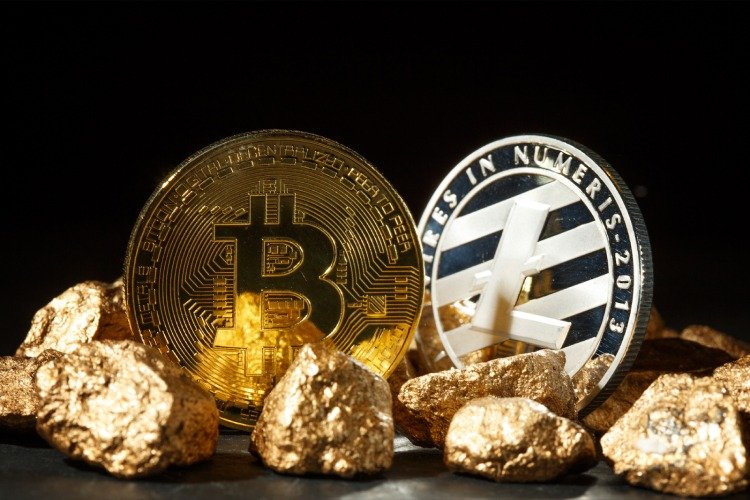Gold vs. Bitcoin: Which Is a Better Investment?

With its millennia-long history as a store of value, gold has stood the test of time, offering a sense of security and stability in an ever-fluctuating economic landscape.
On the other hand, Bitcoin, a relatively new entrant, has emerged as a digital asset class that challenges traditional investment paradigms, promising high returns and a new form of asset diversification. In the quest for portfolio resilience and growth, investors are often torn between the allure of gold’s enduring luster and Bitcoin’s digital revolution.
Understanding the Investment Appeal of Gold
Gold has long been revered as a cornerstone of wealth, transcending cultural and economic differences to maintain its status as a universally accepted store of value. Investors often flock to gold as a safe haven during economic uncertainty, valuing its intrinsic worth and historical performance as a hedge against inflation. The precious metal’s scarcity and the cost associated with its extraction contribute to its enduring allure, making it a staple in diversified investment portfolios.
According to experts at StoneX Bullion, one of the critical attributes of gold is its ability to preserve wealth over generations. Unlike paper currencies that can be subject to devaluation, gold has maintained its purchasing power over long periods. This aspect particularly appeals to those looking to protect their assets from the volatility of financial markets. Furthermore, gold’s negative correlation with stocks and bonds can reduce portfolio risk, providing a counterbalance when other investments face downturns.
For investors considering adding gold to their asset mix, tip sheets often suggest various investment forms, such as physical gold (bars, coins), gold ETFs, gold mining stocks, or gold mutual funds. Each option has its considerations regarding liquidity, storage, and exposure to gold prices.
The Rise of Bitcoin as a Digital Asset Class
The financial landscape has been significantly reshaped with the emergence of Bitcoin, a cryptocurrency that has garnered widespread attention for its rapid value appreciation and revolutionary underlying technology. Unlike traditional investments, Bitcoin offers high liquidity and operates in a decentralized market, accessible 24/7 worldwide. However, its price volatility poses a substantial risk, with the potential for both high returns and significant losses. Investors also face security concerns, such as hacking and fraud, which are inherent to digital assets.
Bitcoin’s digital nature means it has a limited supply, which proponents argue could protect against inflation — a stark contrast to gold, which can be physically mined without a known limit. This scarcity is a fundamental aspect of Bitcoin’s value proposition, potentially making it a digital equivalent of gold. Yet, the market for Bitcoin is still relatively young and untested compared to gold’s centuries-long history as a store of value, leaving some investors wary about its long-term stability.